Beginning with an introduction to VLSI systems and basic concepts of MOS transistors, this first edition of the book then proceeds to describe the various concepts of VLSI, such as the structure and operation of MOS transistors and inverters, standard cell library design and its characterization, analog and digital CMOS logic design, semiconductor memories, and BiCMOS technology and circuits. It then provides an exhaustive step-wise discussion of the various stages involved in designing a VLSI chip (which includes logic synthesis, timing analysis, floor planning, and placement and routing, verification, and testing). In addition, the book includes chapters on FPGA architecture, VLSI process technology, subsystem design, and low power logic circuits.
This book provides a comprehensive overview of characterization techniques and advanced modeling of VLSI circuits for modern and advanced process nodes for timing, power, noise, and variation models. The intended audience includes research professionals, graduate students, circuit and PDK designers, characterization engineers, CAD developers, managers, mentors, and the merely curious. It is organized to serve as a compendium to a beginner, a ready reference to intermediate, and a source for an expert.
The book is a core reference for graduate students and CAD professionals. For students, concepts and algorithms are presented in an intuitive manner. For CAD professionals, the material presents a balance of theory and practice. An extensive bibliography is provided, which is useful for finding advanced material on a topic.

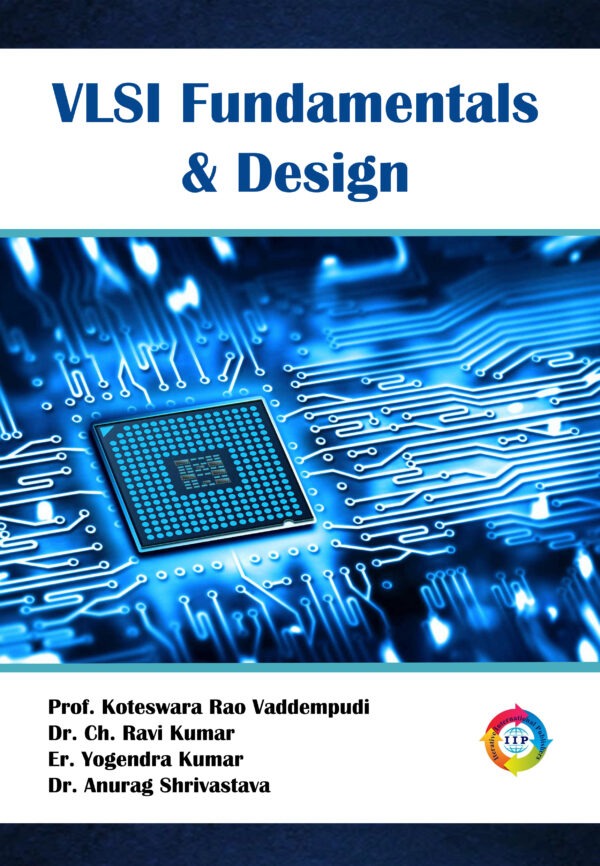
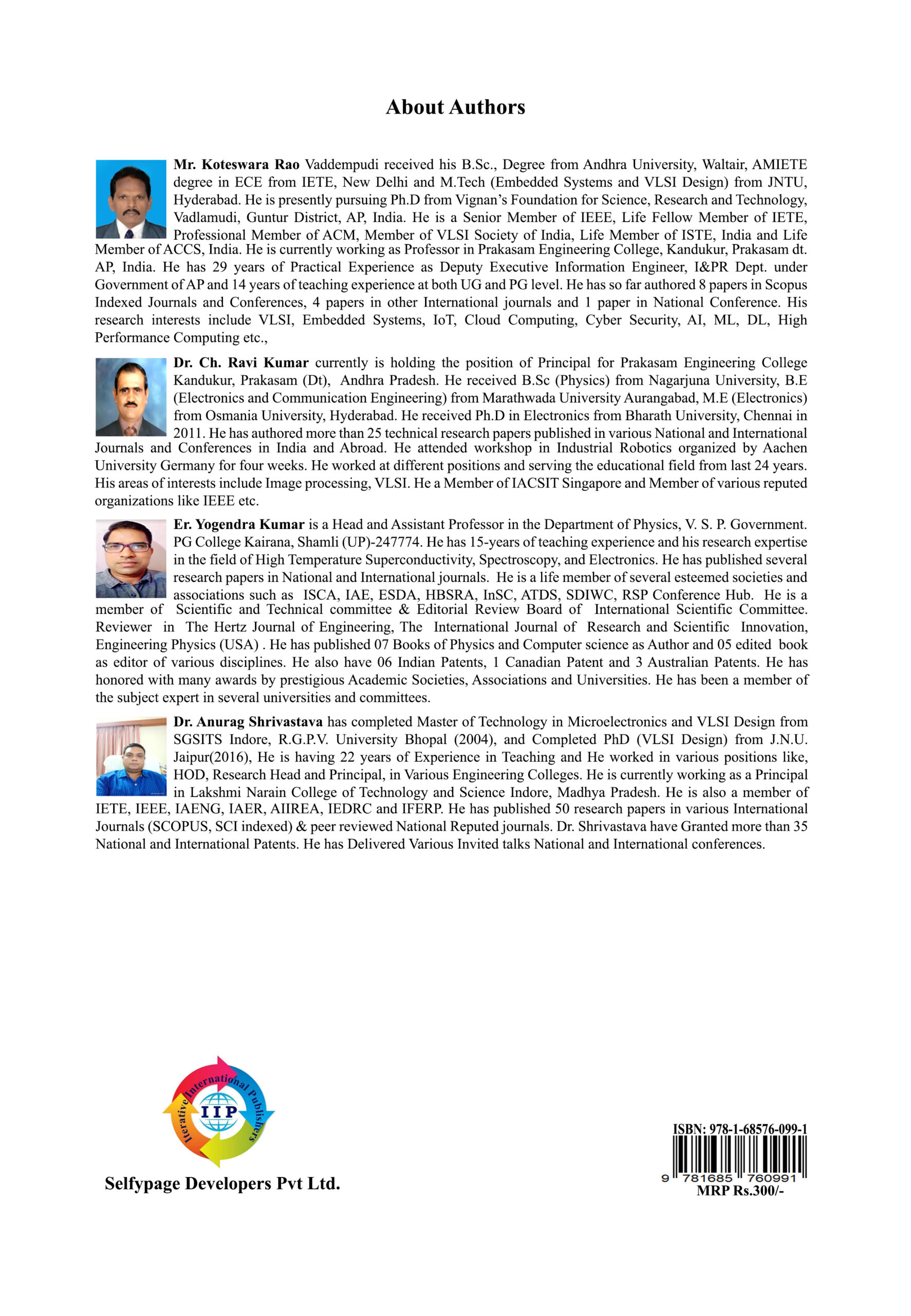

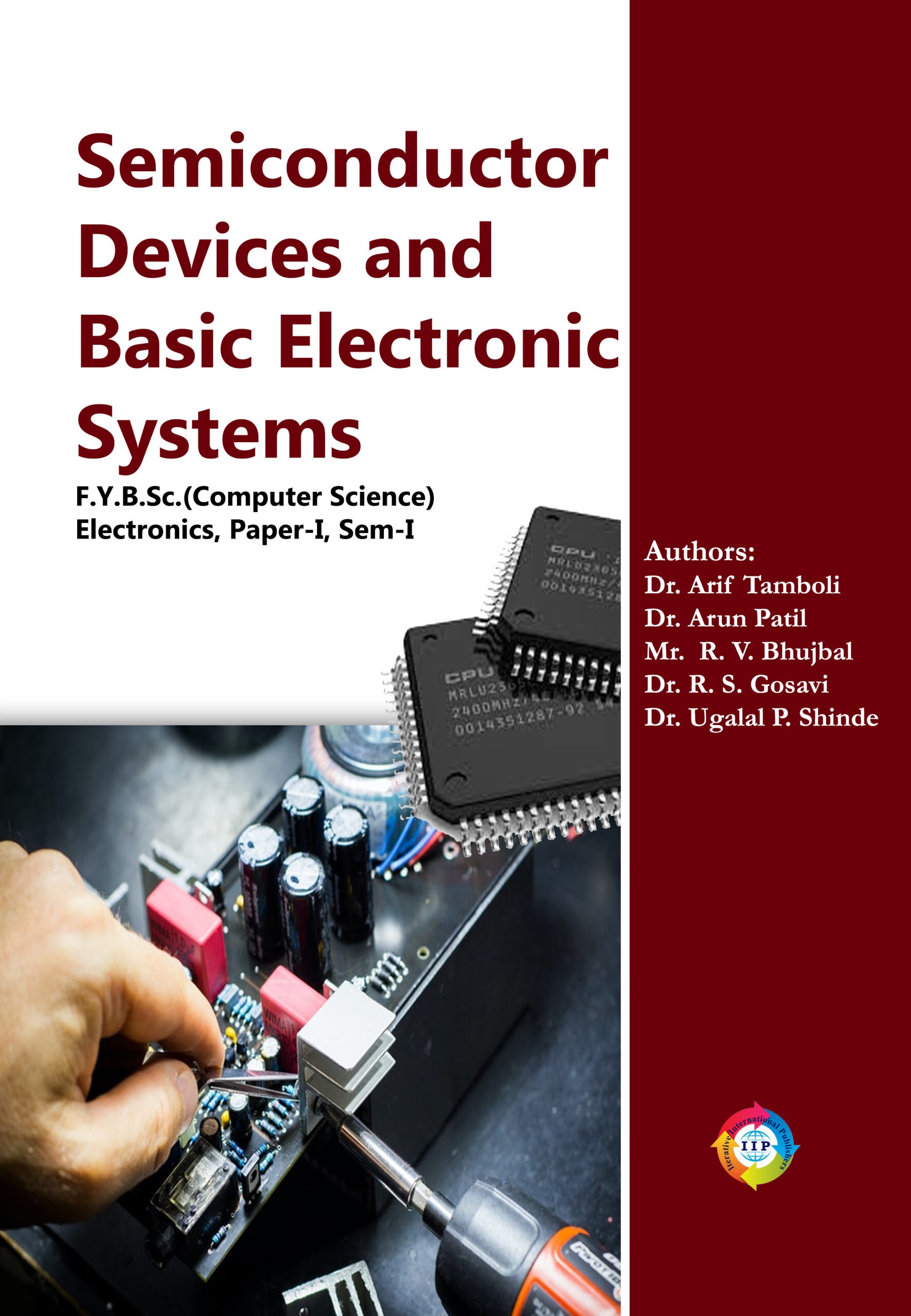
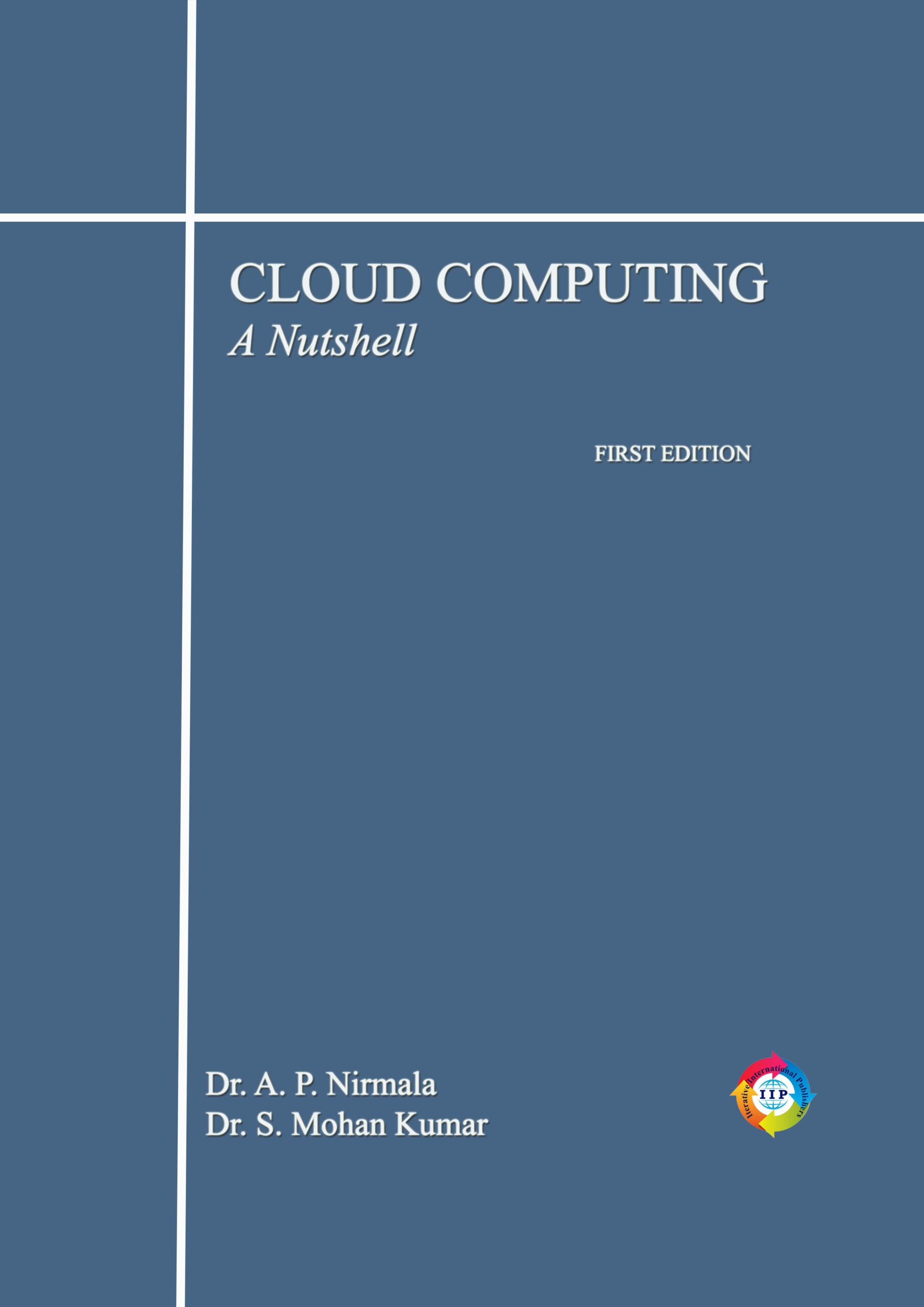
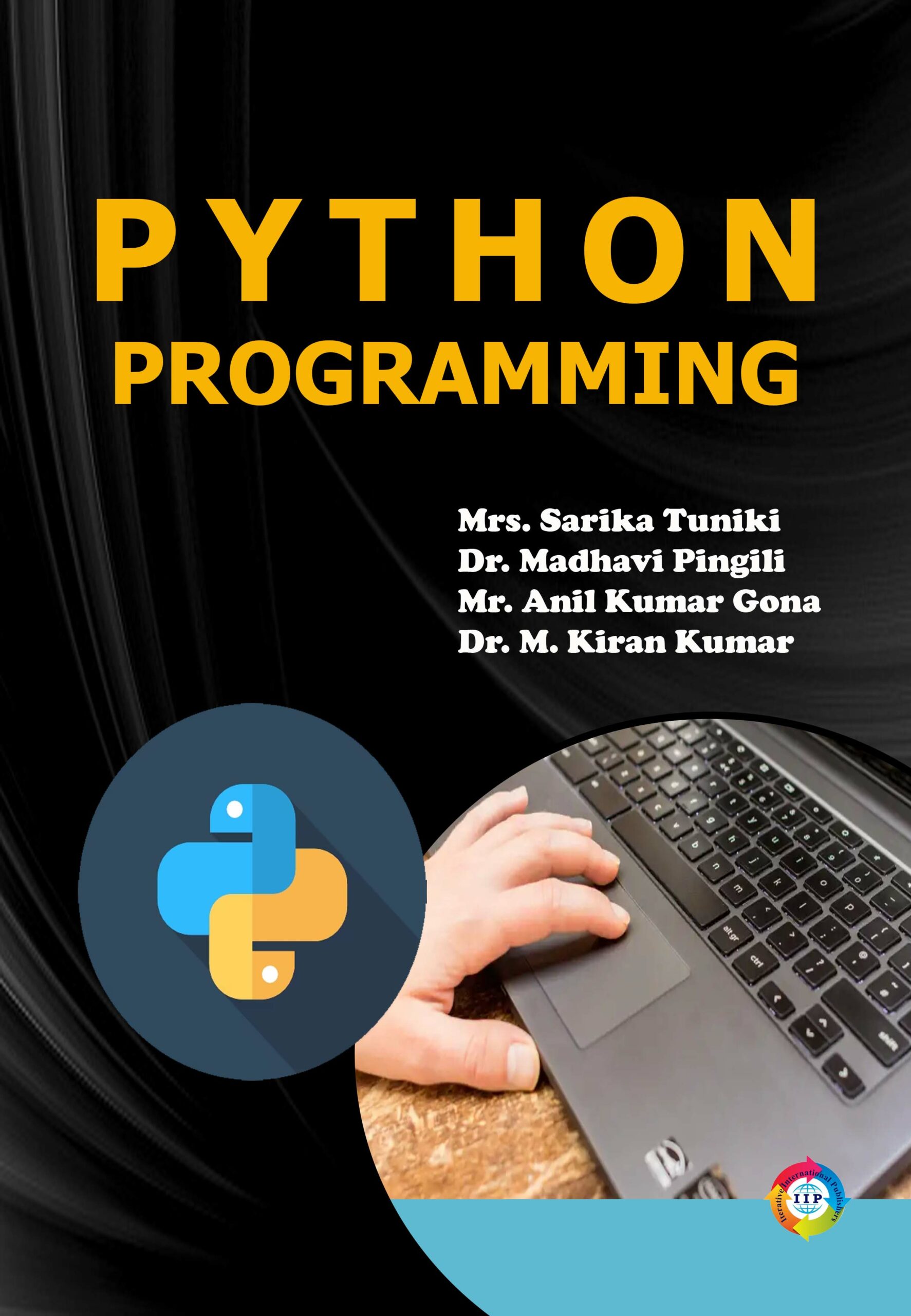

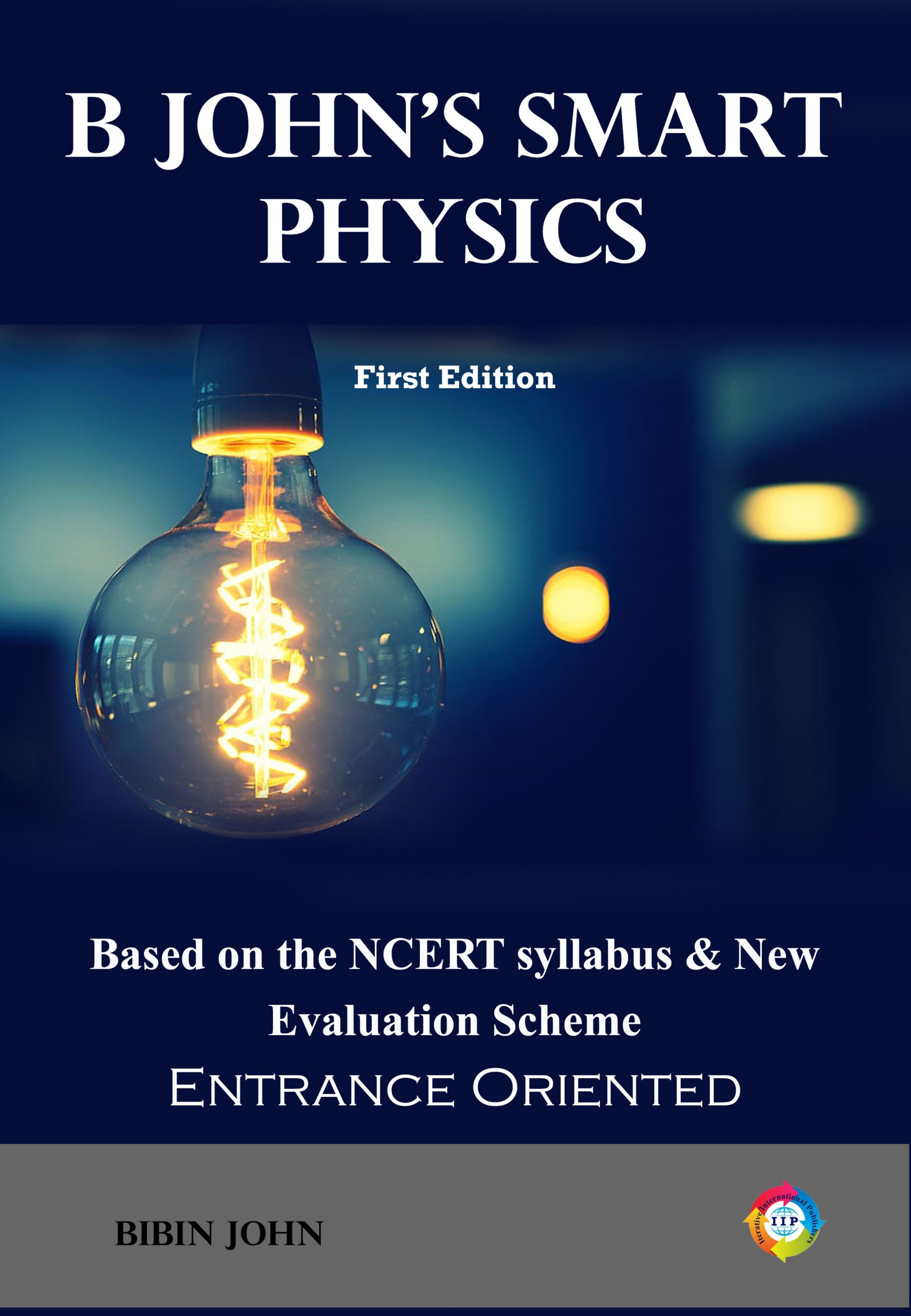

Reviews
There are no reviews yet.